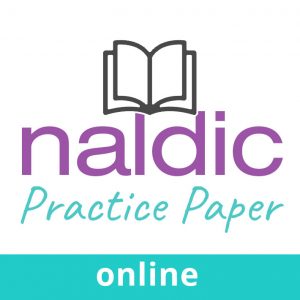Description
The recent school curriculum reforms have explicitly focused on many areas of the publicly funded system except one: language education for pupils who speak English as a second or additional language. Yet it remains a key concern for policy makers, administrators, teachers and members of the various minority ethnic communities alike. This is currently witnessed by the high level of professional and community interest in the possible impact of the Single Regeneration Budget on funding for language support and other related programmes. The continuing Home Office commitment to Section 11 funding also suggests the importance of this aspect of the educational provision.
This paper attempts to address some of the major long term issues concerning the teaching of English As A Second/Additional Language (TESL/TEAL) and mother tongue within the context of the National Curriculum. The main purpose is to explore the key educational principles involved in meeting the educational and needs of pupils who use English as an additional language.
This discussion will draw on the experiences and the research from Europe and other broadly similar English speaking societies. The domain assumption adopted in this paper is that languages, or varieties of a language, do not naturally attain the status of the chosen medium of instruction, a foreign modern curriculum language or an extra-curricular mother tongue. The status and the use of a language are often the subject of conscious decision and intervention on the societal level. (Lo Bianco, 1994)




Reviews
There are no reviews yet.